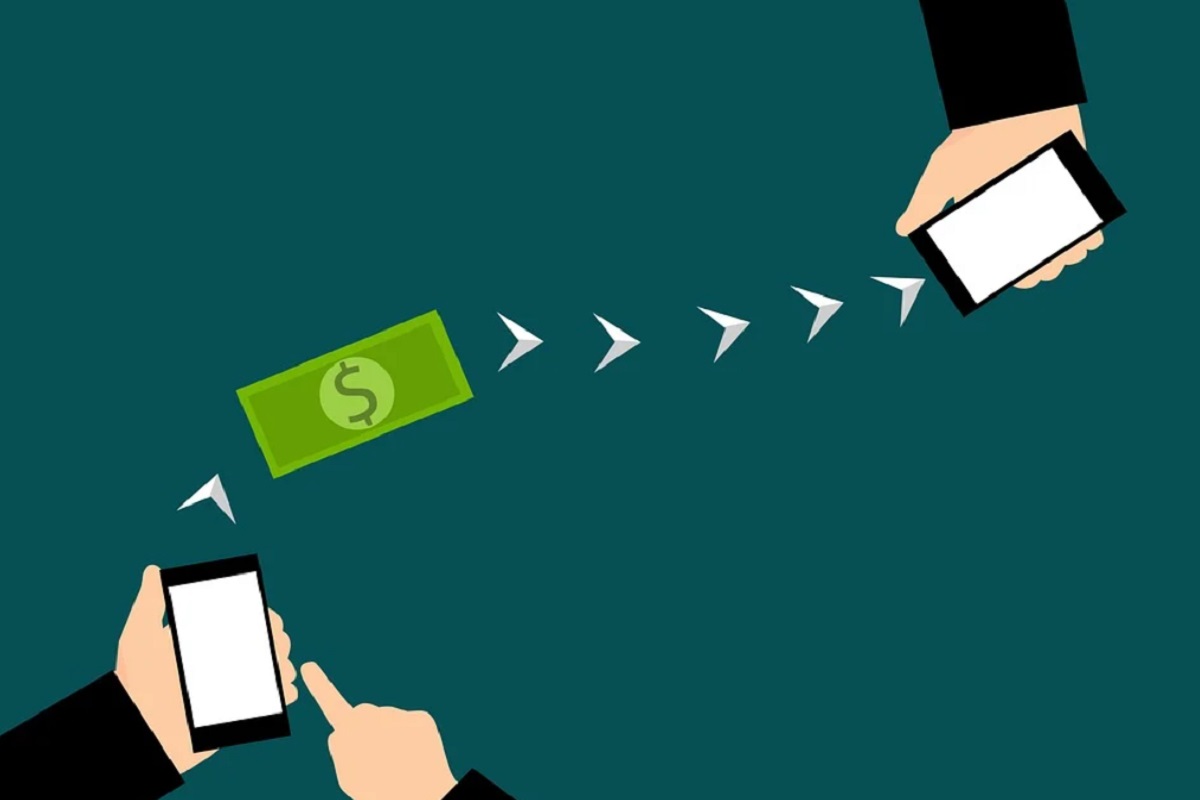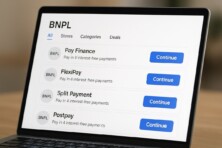Chargebacks911, a company that specializes in helping consumers mitigate the effects of chargebacks, was sued by the Federal Trade Commission (FTC) and Florida.

Source: Pixabay.com
The text of the lawsuit contains statements by the trade commission that the company is involved in the practice of using unfair methods on behalf of its customers against consumers who disputed credit card transactions.
Samuel Levine, director of the FTC Consumer Protection Bureau, claims that Chargebacks911 helped fraudsters continue to conduct criminal business and stop the efforts of consumers who suffered from the actions of intruders and tried to return payments. He also said that the commission would react aggressively in practical terms to attempts to hinder the realization of citizens’ rights.
According to the complaint filed in federal court, Chargebacks911 sent screenshots containing false information about the alleged consent of users to transactions with companies that issue credit cards. Consumers then challenged this data. In some cases, screenshots were pre-edited or showed web pages different from those on which purchases were made.
The complaint suggests that the practice of providing false information was the reason that consumers were not provided with a refund, although there were no reasons for such decisions.
The lawsuit also says that the company helped customers to reduce control by firms that issue credit cards. Chargebacks911 has implemented a system with which one can make a large number of transactions of small volumes and thus increase the total number of operations. This scheme has helped to reduce the percentage of financial actions disputed by consumers.
The Chargeback 911 service in the form of value-added shares (VAP), according to the complaint, allowed fraudsters to avoid monitoring refunds, punitive measures, and blocking accounts under the pretext of protection from criminal activity. The company’s clients are three firms that the FTC has sued for consumer fraud.
The plaintiffs’ claims provide for the termination of activities that contribute to the activation of fraudsters and allow them to evade responsibility, and the payment of monetary compensation.
Chargebacks can be initiated by cardholders who have encountered fraud, are unsure of the security of the transaction, or are disappointed with their respective decisions. Sellers understand that the best solution to prevent a dispute is tools that warn about the possible consequences of financial operations.
As we have reported earlier, FTC Cracks Down on Telehealth Apps and Data Sharing.









